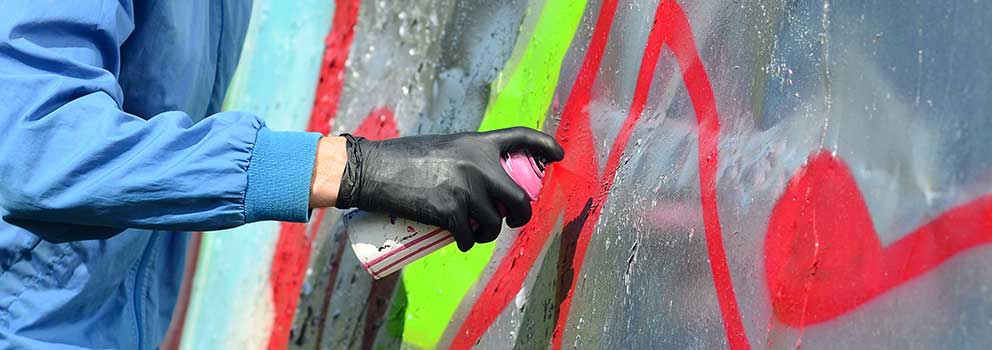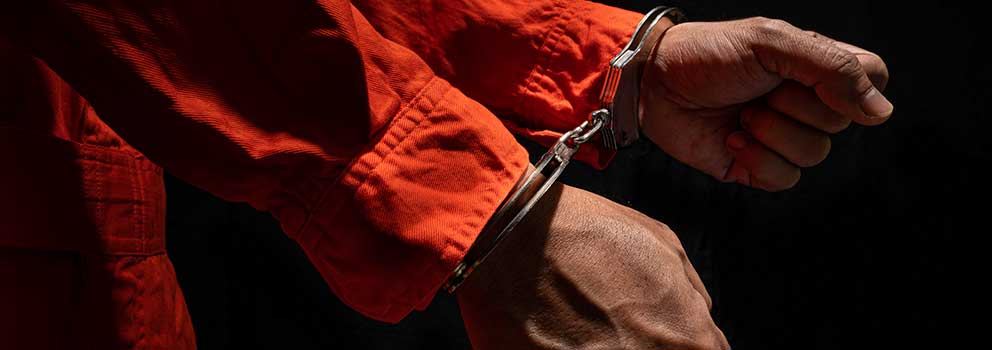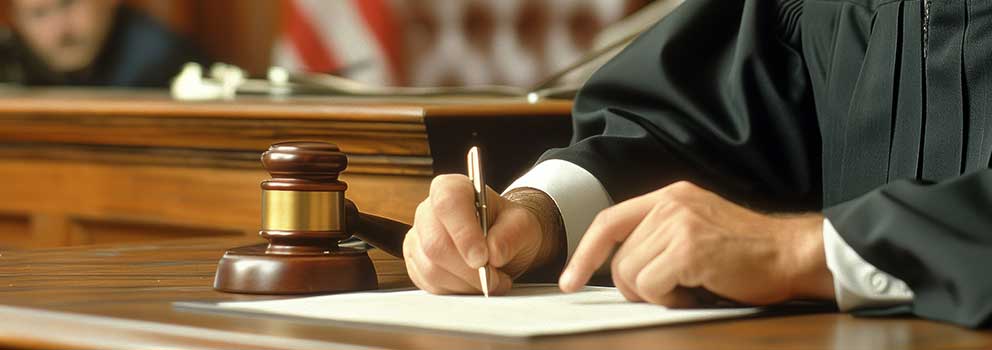
Vandalism is not a minor offense in South Carolina.
it’s legally classified as malicious injury—a serious criminal charge that can lead to jail time, steep fines, and a permanent record. Whether you’ve been accused of spray-painting graffiti, breaking windows, or damaging someone’s car or property, these charges carry real consequences.
At the Chambers Law, we defend clients facing property-related charges under South Carolina Code § 16-11-510 and fight to reduce or dismiss charges wherever possible.
Call 843-449-0420 today for a free consultation.

What Is “Malicious Injury” in South Carolina??
In South Carolina, both vandalism and destruction of personal or real property fall under the legal term malicious injury as defined in S.C. Code § 16-11-510. This includes intentionally damaging or destroying:
-
Someone else’s vehicle, home, or business
-
Personal belongings like phones, laptops, or tools
-
Public property such as signs, benches, or buildings
Examples of vandalism include:
-
Spray-painting or graffiti
-
Keying or scratching a car
-
Smashing windows or destroying fences
-
Damaging school or campus property
Even minor property damage can result in criminal prosecution.

Penalties for Malicious Injury to Property
South Carolina categorizes charges based on the value of the damage:
-
Damage under $2,000:
-
Misdemeanor
-
Up to 30 days in jail and fines
-
-
Damage between $2,000 and $10,000:
-
Felony
-
Up to 5 years in prison and fines
-
-
Damage over $10,000:
-
Felony
-
Up to 10 years in prison and fines
-
In many cases, the court may also order restitution, requiring you to pay for the cost of repairs or replacement.

Strategic Defenses to Vandalism Charges
To convict you, the state must prove that the damage was intentional and unlawful. At Chambers Law, we build a strong, fact-based defense. Common arguments include:
-
Lack of Intent – Accidents or unintentional damage are not crimes.
-
Mistaken Identity – No clear evidence you were the one who caused the damage.
-
False Accusations – Personal disputes can lead to false reports.
-
Insufficient Evidence – The burden is on the state to prove guilt beyond a reasonable doubt.
-
Illegal Search or Seizure – If your rights were violated, key evidence may be inadmissible.

How Chambers Law Can Help
We take an aggressive, hands-on approach to every case. Our team will:
-
Investigate the full context of the accusation
-
Review all surveillance, witness testimony, and law enforcement reports
-
Negotiate with prosecutors to reduce or dismiss charges
-
Defend you in court and protect your future

